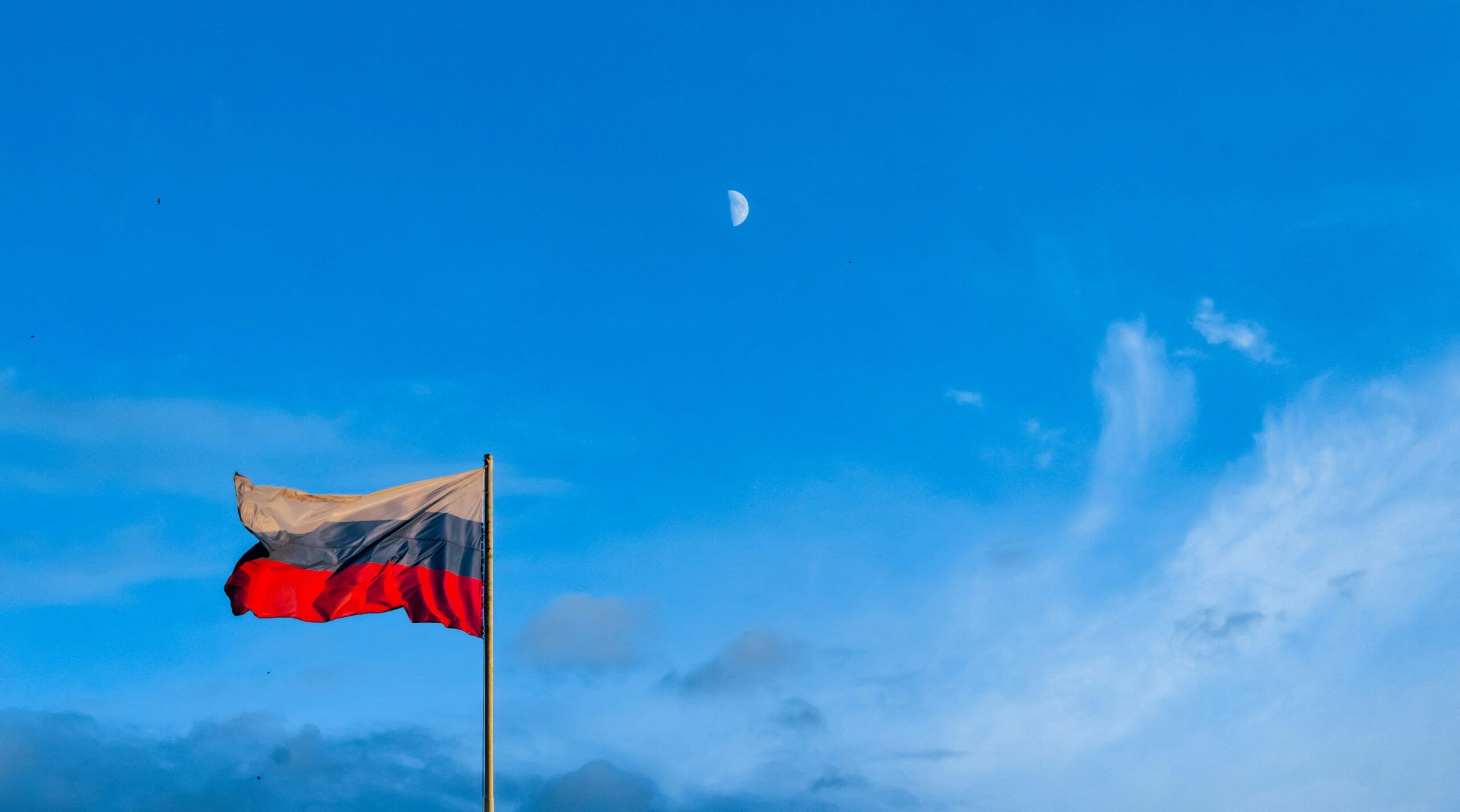Is the Russian Banking System Close to a Systemic Crisis?
Experts in the Russian banking arena, plus a number of Russian banking officials themselves, have advised that the banking system in Russia is close to a systemic* crisis. A number of officials within the Russian banking community have advised that bad debt on Russian banks’ balance sheets is in the trillions of rubles. Although official figures may mask the extent of the problem, an increasing number of retail and corporate clients are either deferring or defaulting on interest and principal loan repayments.
*Systemic Banking Crisis – this occurs when a significant number of banks within a country experience severe financial distress simultaneously, potentially jeopardising the entire financial system.
A timeline for this crisis of around 12 months is currently being bounced around by economists, experts, and Russian banking analysts. A number of officials have cited the alarm felt by banks over the non-payment of loan interest, as well as the non-repayment of loan principals. Many experts feel that the corporate and retail sectors within the Russian economy are struggling with high interest rates, with the key benchmark interest rate currently sitting at 20%. If circumstances fail to improve, a debt crisis may well spread through the whole banking community.
Experts contend that Russia’s two-tier economy is impacting the private sector as businesses have to contend with rising costs, slower demand, and decreasing prices for exports. On the other hand, huge benefits have been realised by massive state spending on Russia’s war machine and military industrial complexes. What is not well documented is the favourable loans that banks granted to help fund the war effort, and experts are hearing that there is more pressure on Russian banks as they seek repayments for these loans.
Headquartered in Moscow, ACRA is Russia’s rating agency which, in May of this year, warned of a “deterioration in the quality of loan debt”. They also went on to report that 20% of the entire Russian banking capital is tied up with borrowers whose creditworthiness is under severe scrutiny and may be downgraded due mainly to high interest rates. Furthermore, the military war machine’s appetite for more labour has severely impacted this market, resulting in massive labour shortages. At the same time, this has boosted the earnings of those in work, causing inflation to a peak at 10%.
At the recent St Petersburg International Economic Forum, the Russian Economy Minister said, “We are on the verge of slipping into recession”. However, in a speech the following day, President Putin said, “Some specialists, experts, point to the risks of stagflation and even recession. This, of course, should not be allowed under any circumstances”. A number of political experts read this statement as Putin essentially saying this has nothing to do with me, it is officials who need to put this right. However, Russia is in the middle of a credit crunch, with data showing that Russian banks’ corporate loan portfolio is set to decrease by Rubles 1.5 Trillion (USD 19 Billion) in Q1 of 2025.
In mitigation of the credit crunch, and for the first time in three years, the Central Bank cut its benchmark interest rate to 20%, with many experts and analysts saying that the rate is still far too high. However, earlier this month the Kremlin-linked CMASF (Centre for Macroeconomic Analysis and Short-Term Forecasting) said there is an increased likelihood of a run on Russian banks. The CMASF also went on to say that the MOEX (Russian Stock Market) is a good indicator of heightened economic uncertainty, and it experienced a sharp drop after new sanctions threats by President Trump and his taunt that Putin is crazy.
On the sanctions front, President Trump has so far held off on his threats as it appears he really does not want to go to war with Putin – especially through the non-military option of sanctions. However, the European Union is already in discussions about further sanctions on the Russian banking sector, which could negatively impact the sustainability of Putin’s war on Ukraine. However, without further sanctions, the current Russian economy definitely has a negative outlook and, with rising inflation, labour shortages, and declining growth, could severely hamper Putin’s ability to sustain the current war with Ukraine. However, if there is a full-blown banking crisis – all bets are off, and who knows what the Kremlin might do to sustain not only the current war, but the status quo with the Russian population.


